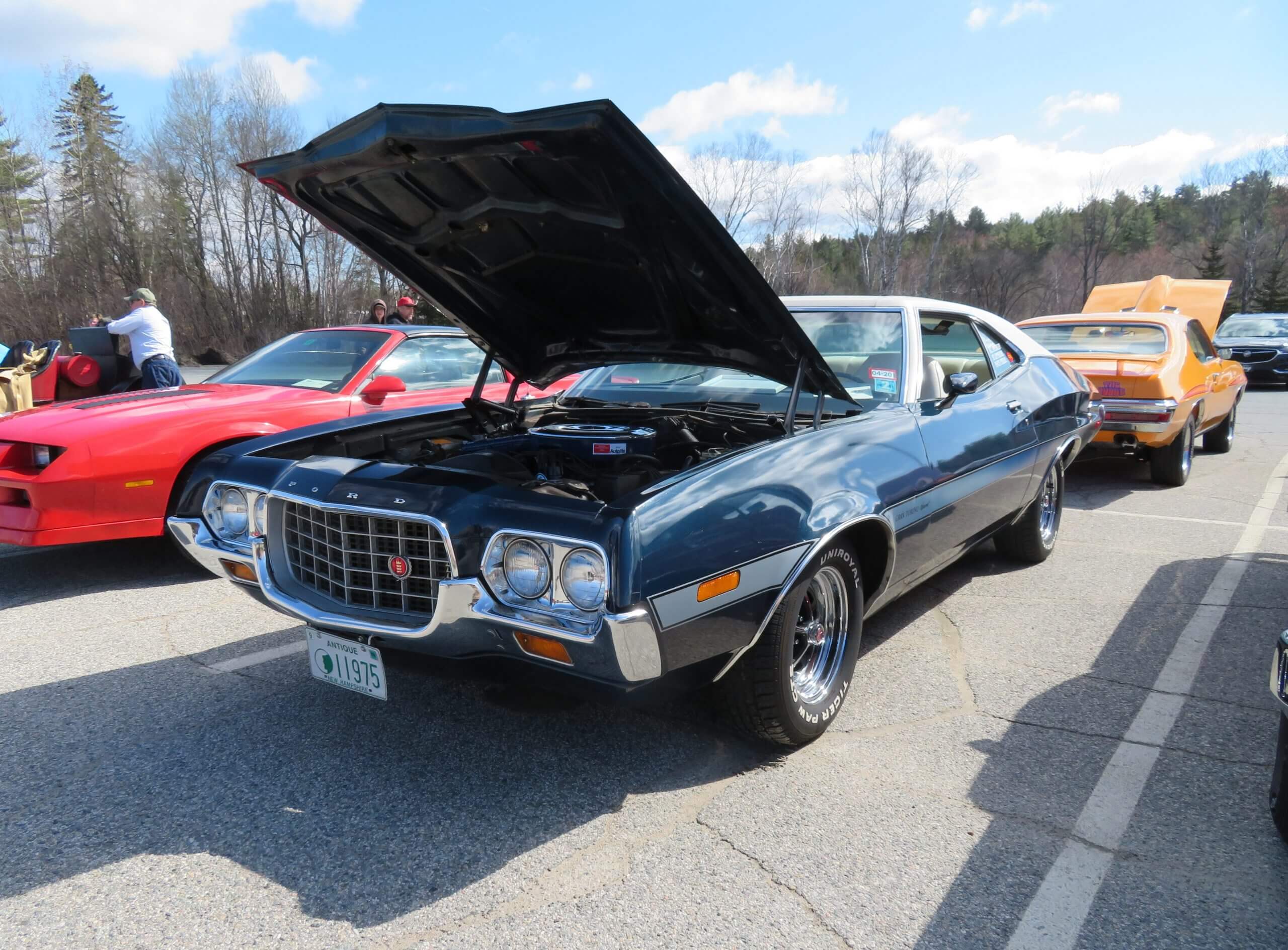Overview
There are over 253 million vehicles on U.S. roads today with an average age of over eleven years old. All of them periodically require service. Close to one million men and women service these vehicles. Each year, thousands of jobs become available for automotive technicians trained to diagnose and repair the complex electronic and computer systems in today’s vehicles.
Automotive repair professionals need to have up-to-date technical information at their command. The Associate in Applied Science degree in Automotive Technology combines in-depth theory with extensive practical training in a well-equipped lab. The program is accredited by ASE Education Foundation.
Graduates of the Automotive Technology degree possess extensive knowledge of state-of-the-art mechanical, electrical/electronic, and computer systems used in today’s automobiles. They have expertise in using micrometers, calipers, multimeters, engine analyzers, scan tools, torches and welders, computerized alignment systems, brake lathes, and emissions analyzers. Students also learn to utilize the ALLDATA On-Demand Computerized Automotive Service Information systems.
Upon graduation, students are prepared to apply for positions in service, sales, parts, and management. Job titles include line mechanic, entry-level technician, service writer, parts counterperson, assistant service manager, or service manager.
Students may also choose to enroll in the Automotive Technology certificate designed to teach specific skills and competencies. Students may enter any course with the instructor’s permission.
Each spring, as part of the program requirements, both degree and certificate students must take at least two Automotive Service Excellence (ASE) national exams, usually administered in May.
Students are required to spend an additional $1800-$3500 for tools and uniforms.
First Year
| Fall Semester | Lec | Lab | Cr | |
| ACAD105W | Academic Readiness | 1 | 0 | 1 |
| AUTO101W | Introduction to Automotive Service | 2 | 3 | 3 |
| AUTO112W | Automotive Electricity I | 3 | 3 | 4 |
| AUTO115W | Automotive Engines and Related Systems | 2 | 3 | 3 |
| ENGL120W | College Composition | 4 | 0 | 4 |
| Semester Total | 12 | 9 | 15 | |
| Spring Semester | Lec | Lab | Cr | |
| AUTO113W | Automotive Power Trains | 4 | 6 | 6 |
| AUTO114W | Automotive Electricity II | 3 | 3 | 4 |
| PHYS113W | Electricity and Electronics | 3 | 2 | 4 |
| Mathematics | 4 | 0 | 4 | |
| Semester Total | 14 | 11 | 18 | |
| First Year Total | 33 | |||
Second Year
| Fall Semester | Lec | Lab | Cr | |
| AUTO211W | Automotive Electronics | 2 | 3 | 3 |
| AUTO212W | Chassis Service and Alignment Procedures | 2 | 8 | 5 |
| WELD213W | Introduction to Wire Fed Welding and Cutting Processes | 1 | 2 | 2 |
| Social Science | 3 | 0 | 3 | |
| Semester Total | 8 | 13 | 13 | |
| Spring Semester | Lec | Lab | Cr | |
| AUTO215W | Automotive Suspension and Brakes | 3 | 3 | 4 |
| AUTO217W | Computerized Diagnostic Service & Air Conditioning | 4 | 2 | 5 |
| AUTO219W | Electric Vehicle Technology | 1 | 2 | 2 |
| Humanities | 3 | 0 | 3 | |
| Semester Total | 11 | 7 | 14 | |
| Second Year Total | 27 | |||
| Total for A.A.S. Degree | 60 | |||
2023-2024 Catalog Year
Program Outcomes
Upon successful completion of this program, graduates will be prepared to:
1. Diagnose, repair and overhaul each of the following systems on domestic/import, new/used cars and light trucks:
- Engine
- Automatic Transmission/Transaxle
- Manual Drivetrain and Axles
- Suspension and Steering
- Brakes
- Electrical/Electronic Systems
- Heating and Air Conditioning
- Engine Performance
2. Demonstrate an understanding of safe work habits.
3. Demonstrate an understanding of employment attainment skills.
4. Develop an understanding of information resources available.
5. Demonstrate an understanding of professionalism within the service organization.
6. Be aware of legal and ethical responsibilities in service industry.
7. Understand the potential for personal and professional growth in the industry.
8. Achieve professional certification.
9. Understand the communications process within the service organization.
10. Demonstrate an understanding of the automotive business environment.
Troy Lachance
Industry and TransportationAssociate Professor of Automotive Technology/Program Coordinator of Automotive Technology
65 Credits Required
of students qualify for financial aid



